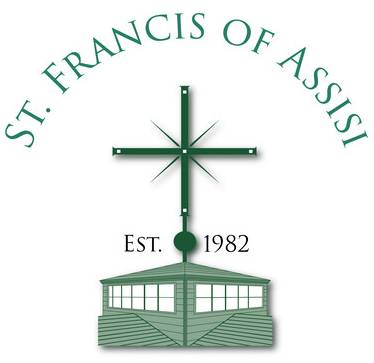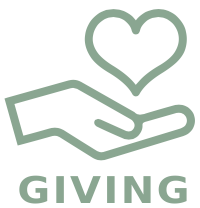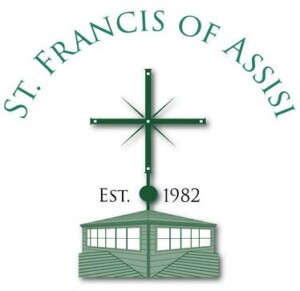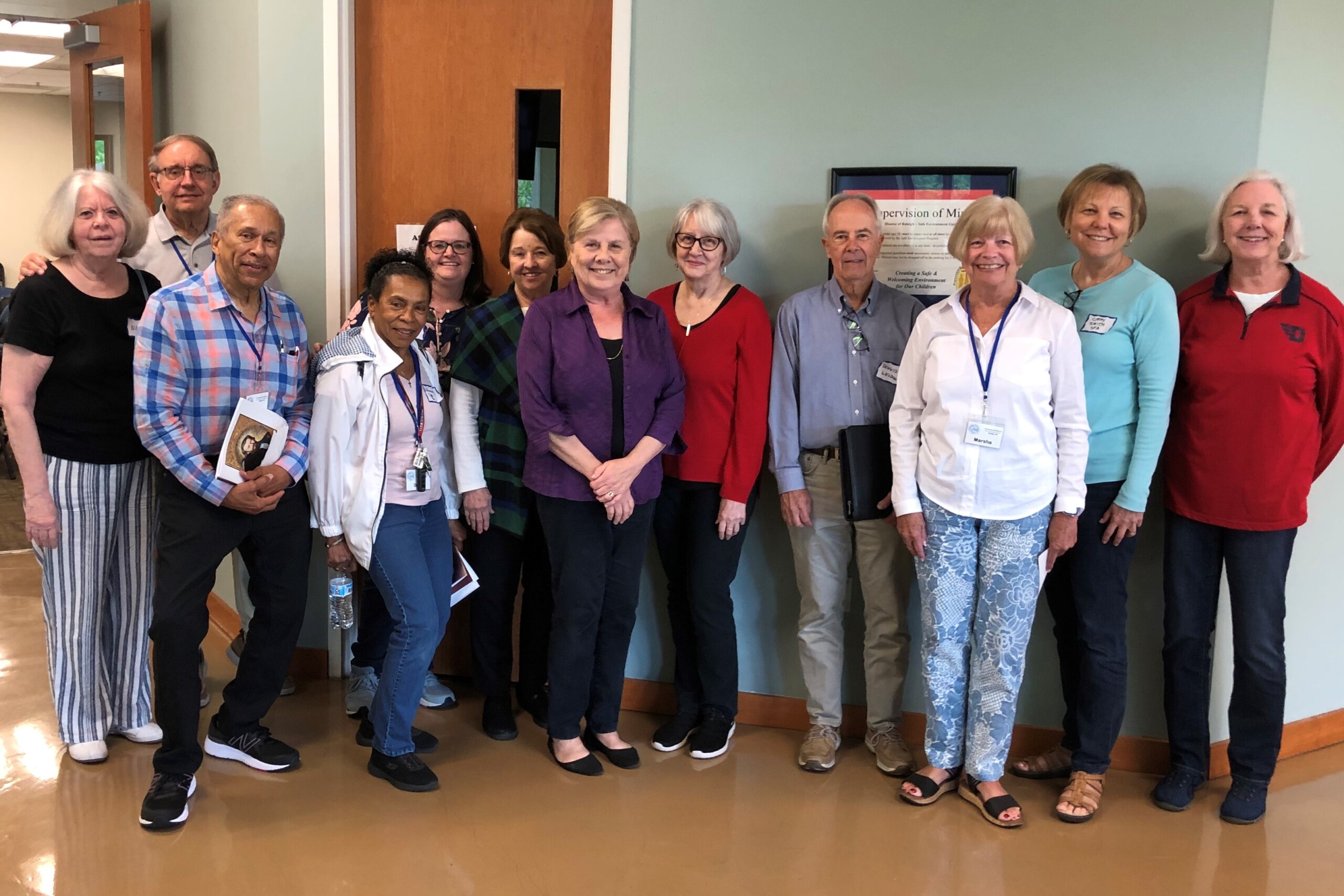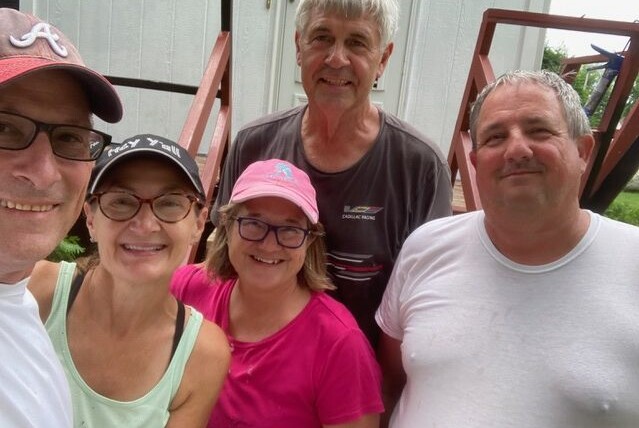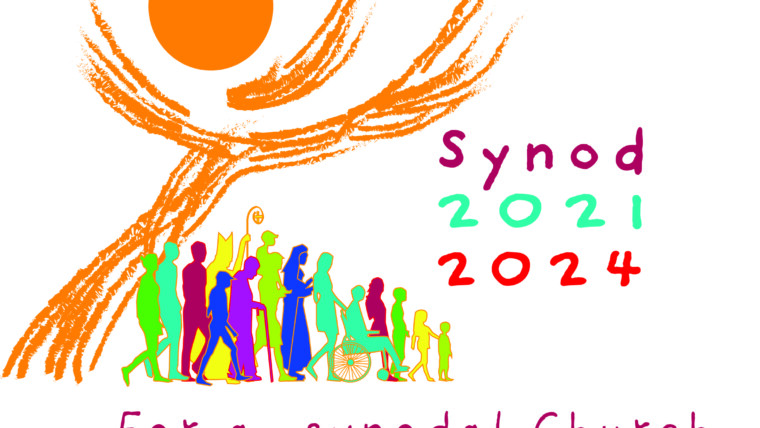One of the seven themes of Catholic Social Teaching, ‘Option for the Poor and Vulnerable,’ points out that a basic moral test for Catholics is how our most vulnerable members are faring. In a society marred by deepening divisions between rich and poor, our tradition instructs us to put the needs of the poor and vulnerable first.
Saint Vincent de Paul was an Occitan French Catholic priest dedicated to serving the poor. Vincent was named to be the superior of the ‘Congregation of the Mission;’ the “Vincentians” (in France, known as “Lazaristes”). With vows of poverty, chastity, obedience, and stability, these priests were to devote themselves entirely to the people in smaller towns and villages. He was renowned for his compassion, humility, and generosity. We focus on St. Vincent de Paul as the namesake of the Society of St. Vincent de Paul, which provides compassionate care and assistance to individuals experiencing a financial emergency. Here at St. Francis, we have a St. Vincent de Paul ministry. How does their work with families meet our mission in light of Father Dave McBrier’s appeal to our parish, “What is St. Francis of Assisi doing to support the city of Raleigh?”
The Society of Saint Vincent de Paul started at St. Francis Parish in February 2016. At that time, Cathy Smith had just retired from 35 years as an IT project manager and joined a group at our parish trying to get St. Vincent De Paul (SVdP) off the ground. That initial founding group was successful, and SVdP has been going strong ever since, with Cathy serving as the president. Returning to Father David’s question about supporting the larger community, SVdP is a community ministry; you don’t have to be Catholic, and most who benefit are not Catholic, to be eligible for assistance from SVdP. The ministry’s mission is to assist with rent and utilities to ‘keep people in their homes with the lights and water on.’ Those seeking assistance are the ‘working poor’ who make it month to month on their paycheck but for whom any sort of blip, whether a car repair, a sick child, or anything not allowing them to go to work, results in a financial shortage. Cathy says, “We help those trying to make ends meet. Mostly, they are in the community, are hard-working people, or cannot work for some reason. They just need a little help to keep going.” For example, Cathy spoke of a dad with two children “who sold his clothes to help meet rent” but still needed additional help.
So how does SVdP help? Anyone can call the SVdP helpline [919-534-4842] and share the issue they are having with finances. Intake coordinators answer the phones and get initial information to discuss the issue and see if SVdP can assist. The goal of the society is to provide one-time help with rent or utilities to, again, keep people in their homes in the local area. A home visit follows the initial call. During the home visit, they learn more about the situation, review the client’s finances, and discuss how they can help if the condition is ‘sustainable.’ By ‘sustainable,’ they mean someone generally makes ends meet but has a short-term crisis. The ‘ministry part’ comes in when people can discuss their situation and consider the possible plan B if the condition is unsustainable and won’t resolve with a one-time gift. The SVdP budget comes from the Justice and Peace tithe provided by the parish and other funds from some direct donations from individuals. Those receiving help receive a gift without expecting to pay it back. These funds are a helping hand in a crisis, not a loan.
During COVID, the demand for assistance increased significantly, but the St. Francis community stepped up. Cathy remembers that during COVID, “many people gave their stimulus checks to SVdP because they knew others needed that money more than themselves. We also received a significant individual donation that helped a lot through the pandemic.” She also mentions that “needs have gone up over the original budget. One of the drivers of demand is how rents are going up locally. Many people working minimum wage didn’t get the raise to cover the 20-25% rent increase.” Still, even if SVdP can’t help, it can also be a clearing house for other community resources. Every other Monday night when SVdP meets, they discuss the 5-10 new cases and the 3-5 older ones still under review. Then, they decide which they can help and what other resources some of the others could benefit from learning about if they can’t help or may not meet the criteria for assistance from SVdP.
How can you help? Cathy says they could use someone willing to step up as president. Cathy has served her two 3-year terms. The president’s role is to run meetings and attend the monthly ‘emergency assistance providers’ meetings. These ‘emergency assistance providers’ meetings speak again to Father David’s question. These meetings are a ‘whole community’ effort. SVdP gets together with people from First Presbyterian Church, Edenton United Methodist, Garner Ministries, White Oak Ministries, and many other communities that provide services to those in need. SVdP helps to respond to various community needs with similar providers.
Additionally, they all work with local county assistance programs. For example, in Wake County, if eviction is imminent or the person is homeless, they are sent to the Access Hub phone line, a collaborative network of Raleigh/Wake County community partners. The Access Hub is turning them over to the various services available through Wake County, from shelters to Legal Aid, for issues around rent, housing issues, other landlord issues, etc.
Cathy sums up this work through SVdP, “It’s very rewarding in that you’ve taken a burden away from someone, even if just for the moment. They may have other burdens, but you relieve them of that burden for the short term.” Of course, SVdP treats the symptoms and not the problems, but that’s precisely the purpose; SVdP is part of the charity and advocacy movement focusing on ‘charity.’ Community organizing groups like One Wake advocate implementing systemic societal changes to achieve the common good for all God’s children. ONE Wake’s 50 member institutions recently won close to 15 million dollars for Affordable Housing issues affecting housing insecurity for Wake County residents. “Advocacy is the harder part and is where One Wake is trying to make headway,” says Cathy.
The partnership with One Wake, Wake County services, and other religious community members of all faiths to serve those in need speaks well to Father David’s call for St. Francis to help the people of the City of Raleigh and Wake County. We are called as Catholics and Franciscans to provide immediate help to those in need, and the Society of St. Vincent de Paul is helping to meet that call. Are you called to join SVdP?
Author: Mike Watson
